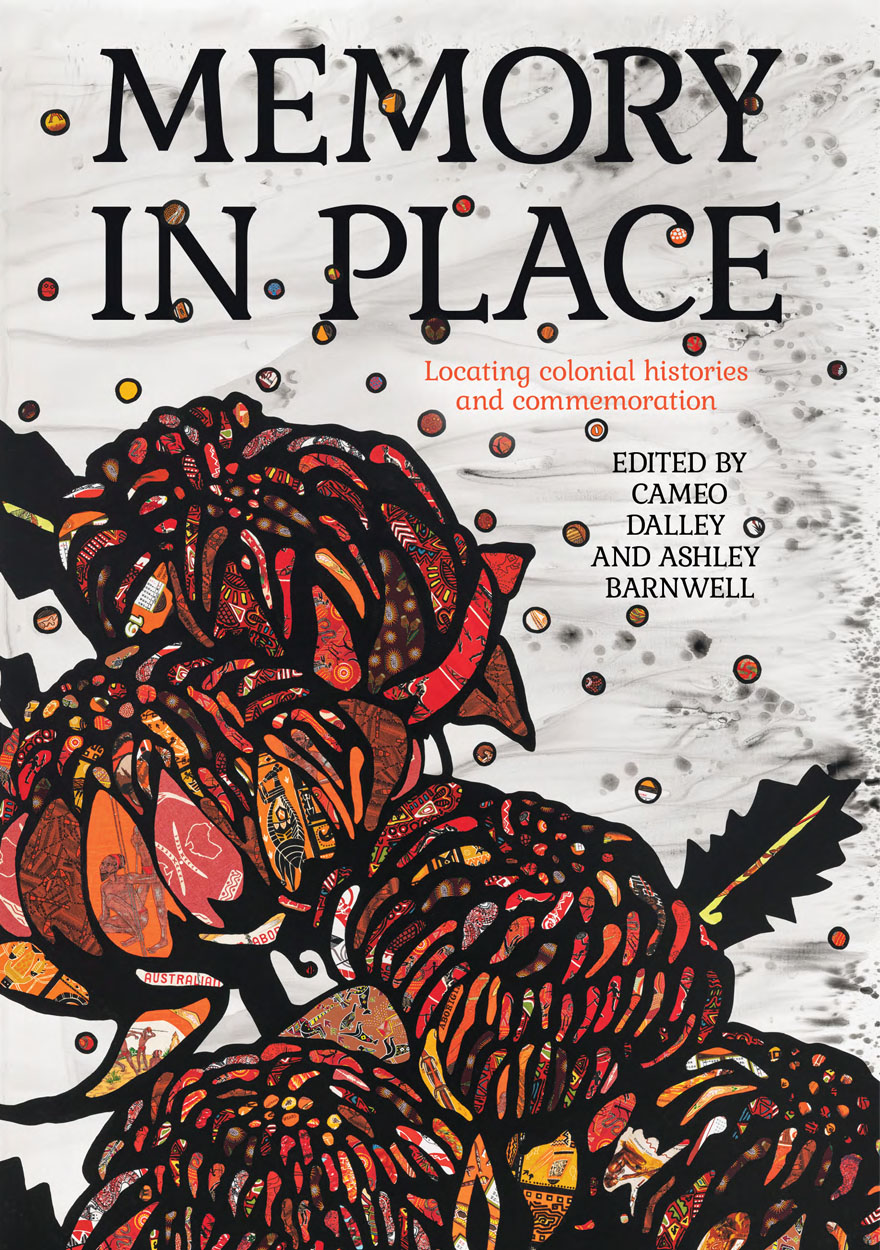Cameo Dalley
Cameo Dalley is a settler descendant and anthropologist. Her multidisciplinary research has explored Indigenous identities, belonging in contemporary Australia, native title, pastoral economies, and contemporary agribusiness. She maintains research relationships with Lardil, Yangkaal and Kaiadilt peoples in the Wellesley Islands, Gulf of Carpentaria, and groups in the Kimberley region of Western Australia. Her first book What Now: Everyday Endurance and Social Intensity in an Australian Aboriginal Community (2021) was published by Berghahn. She has held academic appointments at The Australian National University, Deakin University, and the University of Melbourne, where she is a senior lecturer in the Indigenous studies program. She is a board member of the Journal of Australian Studies.




